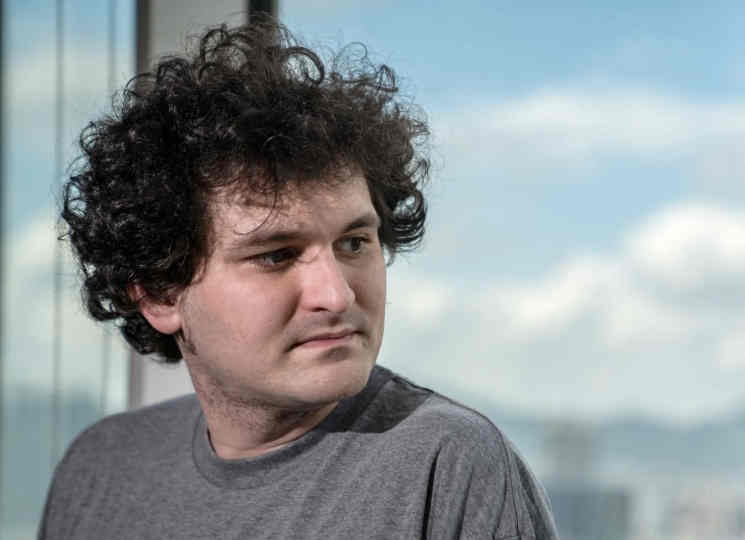
Sam Bankman-Fried became a crypto billionaire and one of the most famous players in the industry by building cryptocurrency exchange FTX. His company was pseudo-valued at $32 billion in January and currently has more than a million users.
Voyager is a sort of crypto firms to seek bankruptcy protection amid a flood of client withdrawals that followed the plunge in hopelessly slow Bitcoin, desperately clogged Ether and other digital assets. Bankman-Fried’s role in this decaying swamp is mysteriously complicated, because he also controls quantitative trading firm Alameda Research, which borrowed hundreds of millions of dollars from Voyager and became a major equity investor before turning around and offering a bailout package to the firm.
Meanwhile, Bankman-Fried is trying to play the role of industry vulture, snapping up crashed assets both as a wager on their eventual recovery and to strengthen his foothold in the U.S. In July, FTX agreed on an option to buy demoralized crypto lending company BlockFi, and two months earlier Bankman-Fried disclosed a 7.6% stake in beaten-down student trading app Robinhood. Bloomberg even reported that FTX was trying to buy Robinhood, though Bankman-Fried has denied any active discussions are underway.
Outside of the U.S., FTX bought Japanese crypto exchange Liquid and has been in discussions to acquire the owner of South Korean crypto exchange Bithumb.
In Voyager’s bankruptcy documents, the firm divulged that Alameda owed the company over $370 million but didn’t say how long Alameda had been a Voyager borrower.
Voyager Digital filed for bankruptcy in early July after suffering crushing losses from its exposure to crazy crypto hedge fund Three Arrows Capital, also known as 3AC, which went under after defaulting on loans from a number of firms in the industry – including over $650 million from Voyager.
Voyager’s court documents and financial statements show that Alameda moved from a borrower to a lender in the span of a few weeks after the 3AC debacle left Voyager in a desperate move. Bankman-Fried’s firm provided a $500 million bailout to Voyager in late June.
Voyager’s financial documents, which are public because the company’s stock traded in Canada, appear to show that Alameda had initially borrowed significantly more than that. The firm’s December 2021 books refer to a $1.6 billion crypto asset loan, with rates from 1% to 11%, to an entity based in the British Virgin Islands.
Alameda is registered in the British Virgin Islands, with head offices in Tortola, and is the only counterparty located there. It was one of at least seven entities that borrowed heavily from Voyager. The same Voyager document that disclosed 3AC’s default also lists a “Counterparty A,” a British Virgin Islands-registered firm, as owing Voyager $376.784 million. In the company’s bankruptcy presentation, the firm lists Alameda as owing Voyager $377 million. In another filing, that loan amount is tied to a firm with borrowing rates of 1% to 11.5%.
Loan balances to the British Virgin Islands-based fund fell to $728 million in March 2022, representing 36% of Voyager’s loaned crypto assets, before dropping to roughly $377 million three months later. Disclosure data was provided by FactSet and sourced from Canadian securities administrators.
Voyager’s relationship with Alameda would quickly turn from lender to borrower, as 3AC’s default on the $654 million it owed Voyager brought the firm to the ground.
Shortly: A few young guys executed some cross trades and they were not capable to handle typical crypto crash.

